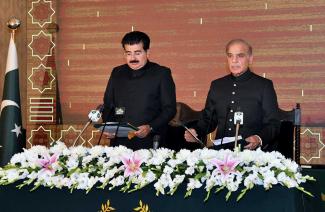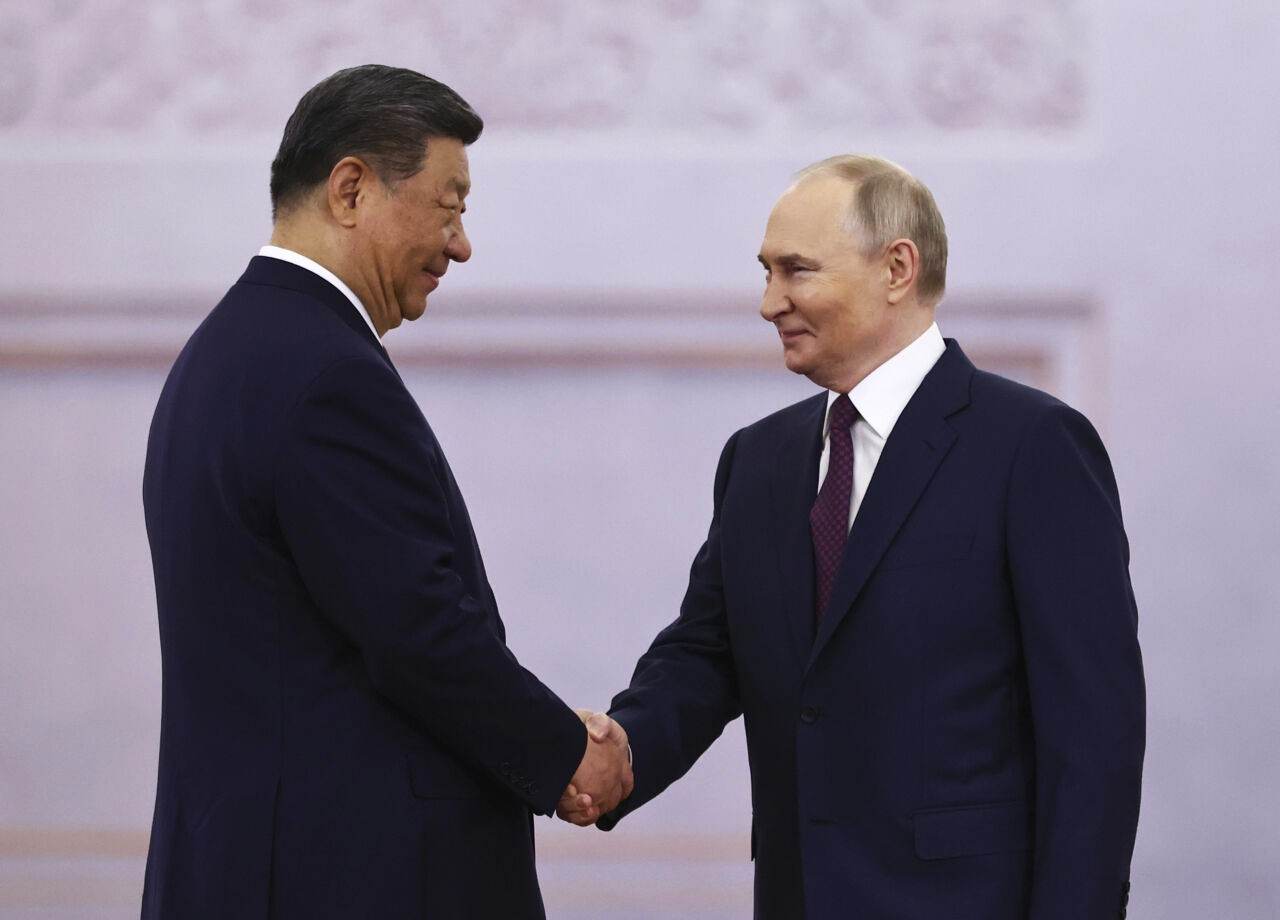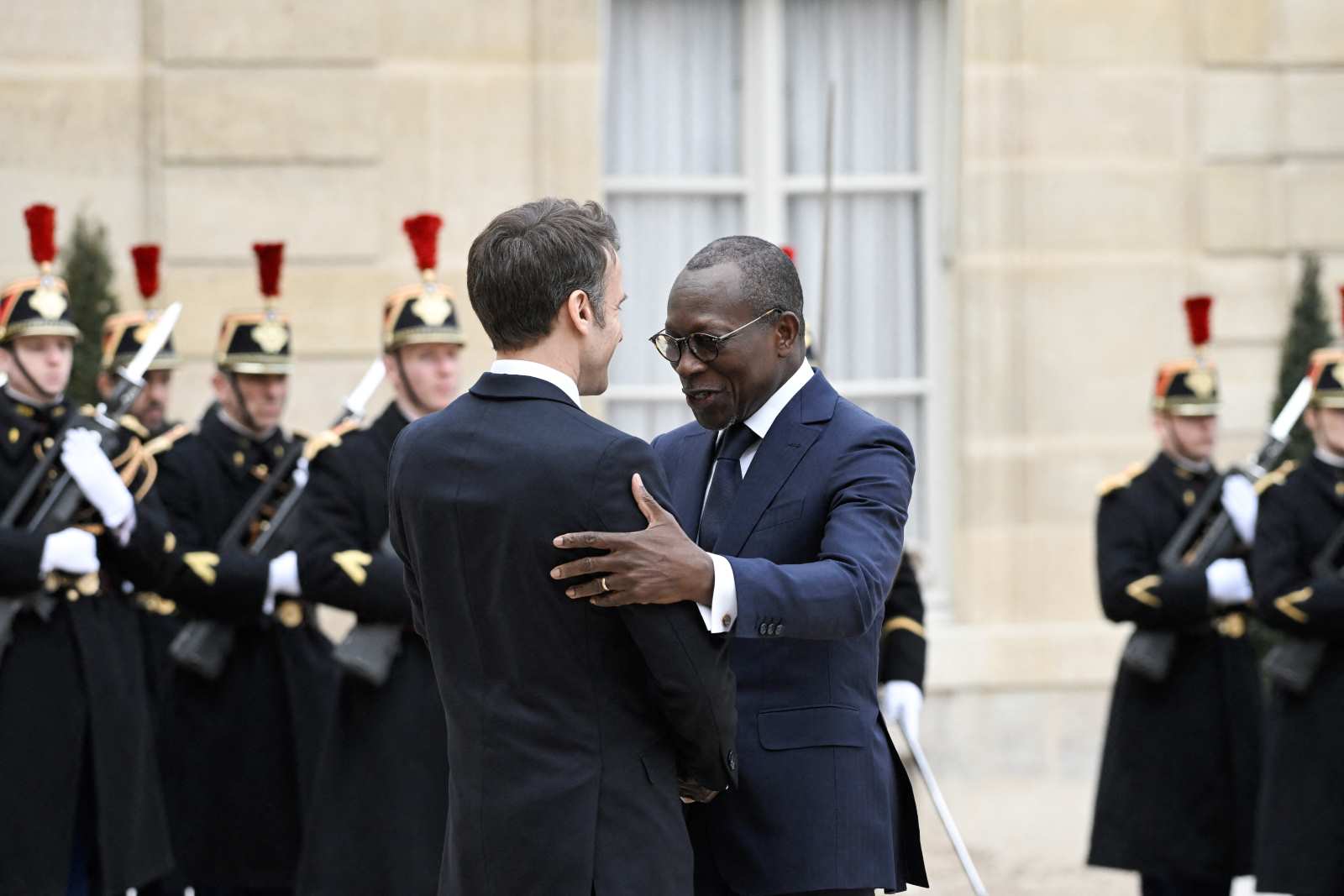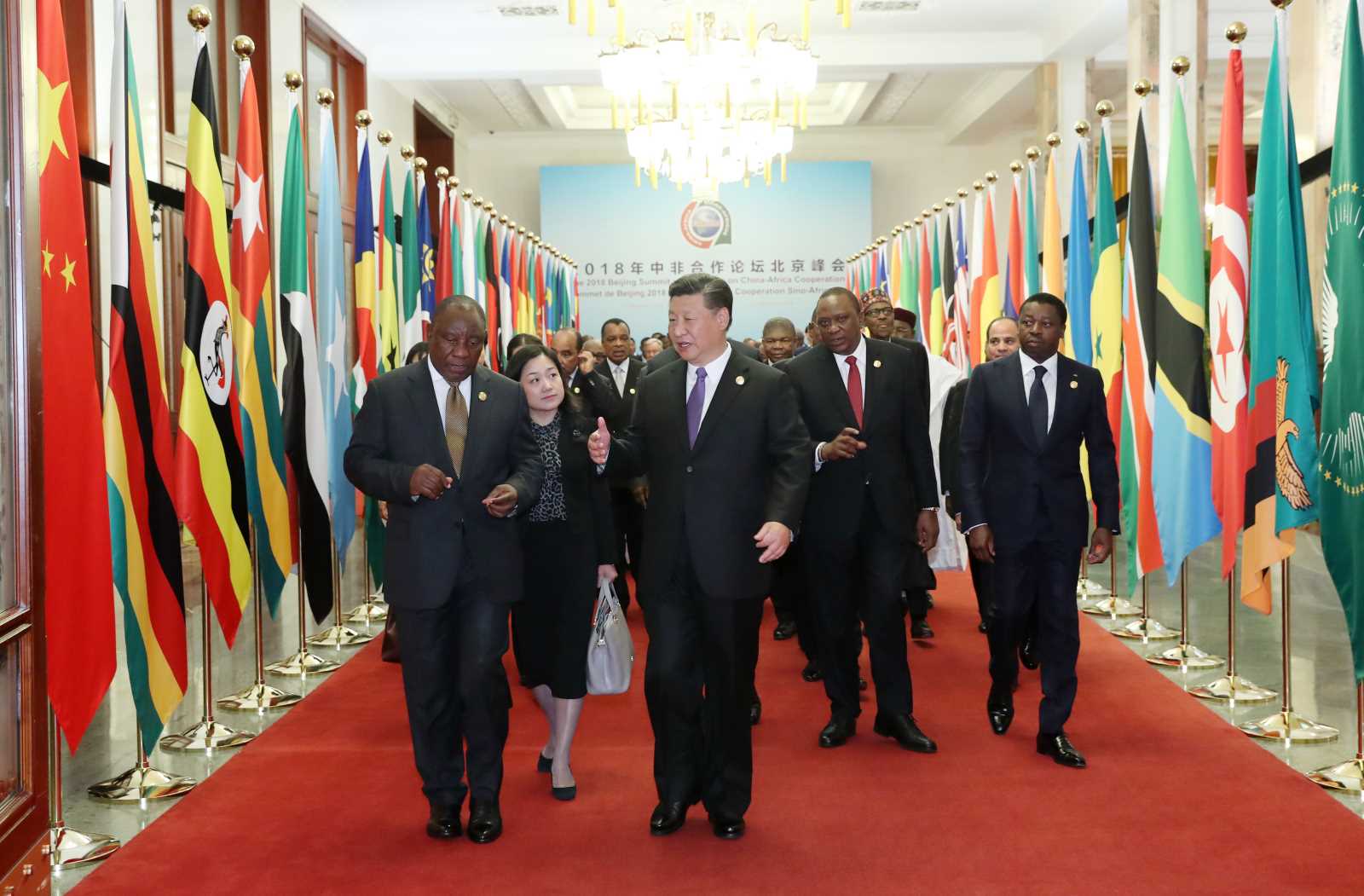Rule of law
Pakistan’s new prime minister faces huge challenges

Twelve minutes after midnight on Sunday 10 April 2022, Imran Khan lost his office as prime minister. He lost a vote of no confidence in the National Assembly. His party, the Pakistan Tehreek-e-Insaf (PTI) tried to prevent this democratic procedure, but the Supreme Court ensured the constitutional order prevailed. Khan became the first prime minister of Pakistan to be ousted this way.
Khan’s tenure as prime minister was marred in controversy. The former cricket star was accused of vengeful politics against opposition members and their families as well as corruption, including because of undisclosed foreign funding. Moreover, he had a pattern of attacking independent state institutions, including the judiciary and the election commission. He had risen to power as an outsider in the election of 2018 because people were frustrated with the long-established major parties (see Afshan Subohi's comment on www.dandc.eu).
In recent months, however, a coalition of opposition parties cooperated to oust Khan and it became clear that they had enough votes in the National Assembly. Khan started agitating in public and claimed he had proof that the USA was trying to topple his government. However, the National Security Council, which includes cabinet members as well as military leaders, did not confirm any such evidence.
Unconstitutional tactics
The PTI relied on parliamentary machinations too. The vote of no confidence was scheduled for Sunday 2 April, but the deputy speaker of the National Assembly unconstitutionally took it off the agenda and ended the procedure. Shortly after, Khan announced the dissolution of the National Assembly in a pre-recorded telecast.
In normal circumstances, a prime minister has this power, and the president must confirm the decision within 48 hours. However, the vote-of-no-confidence procedures had already begun. According to Pakistan’s constitution, that means that the head of government loses this particular power. Nonetheless, President Arif Alvi accepted the dissolution within a few hours. Things had obviously been pre-planned.
On its own motion, the Supreme Court took notice, and several parties filed petitions the same day. After a five-day hearing, the Supreme Court decided on Thursday 7 April that cancelling the vote of no confidence was unconstitutional. In a unanimous judgment, the Court restored the National Assembly and insisted that the vote of no confidence had to take place before Sunday 10 April.
The National Assembly convened on 9 April at 10 am, but PTI legislators once again acted obstructively. Apparently, Khan had instructed his party members to delay things. They held hours-long speeches, while opposition members demanded that voting begin.
The Supreme Court stepped in again. Around 11 pm, journalists reported it would start hearing a contempt-of-court case against the National Assembly’s speaker if the vote was not conducted as ordered. Next, the speaker, a PTI member, resigned and asked an opposition politician to take over. The vote of no confidence began three minutes after midnight, and eight minutes later, Khan was no longer prime minister.
Ongoing political crisis
The Supreme Court deserves praise for insisting on democratic checks and balances and reinforcing the rule of law (see my contribution on www.dandc.eu). It resolved the constitutional crisis, but the political crisis lingers on. The National Assembly has elected Shehbaz Sharif as the new prime minister. The strength of the coalition of eleven parties remains to be seen.
Khan has lost his parliamentary majority, but has rallied masses of elite supporters in the cities. Indeed, Sharif belongs to the kind of political dynasty that Khan always agitated against. Sharif’s elder brother, Nawaz, served as prime minister three times, but was never able to complete his term.
The situation is indeed very difficult. Pakistan’s debt burden is huge. The Ukraine war is compounding inflation, with food and fuel prices rising fast. The crisis in neighbouring Afghanistan (see Conrad Schetter and Katja Mielke on www.dandc.eu) has considerable impacts on Pakistan. On the upside, Shehbaz Sharif, as a former chief minister of Punjab, is generally considered to be a competent administrator.
Marva Khan is an assistant professor of law at LUMS (Lahore University of Management Sciences).
marva.khan@lums.edu.pk













